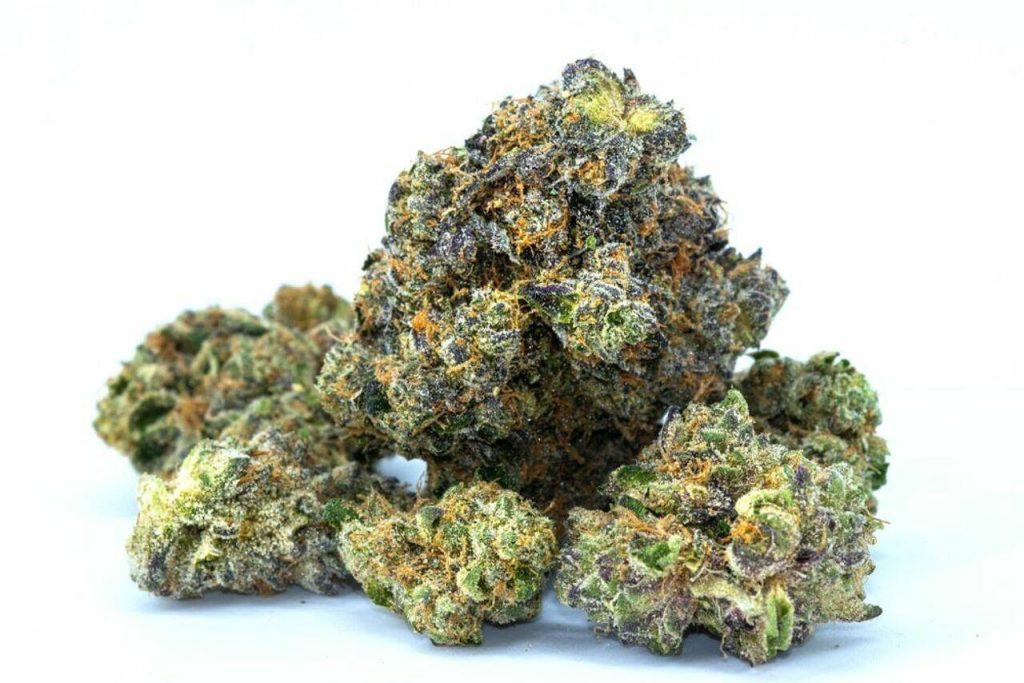THCa flower represents an intriguing and promising aspect of cannabis that has garnered increasing attention for its therapeutic potential. Unlike its more well-known counterpart, THC tetrahydrocannabinol, THCa tetrahydrocannabinolic acid is the non-psychoactive precursor to THC found in raw cannabis. In its natural state, THCa is abundant in fresh, uncured cannabis flowers and is thought to offer a range of therapeutic benefits without producing the characteristic high associated with THC. One of the key therapeutic advantages of THCa lies in its potential anti-inflammatory properties. Research suggests that THCa may help reduce inflammation in the body, which is crucial for managing conditions such as arthritis, Crohn’s disease, and other inflammatory disorders. Unlike THC, which interacts with CB1 receptors in the brain to produce psychoactive effects, THCa primarily engages with CB2 receptors, which are associated with immune system modulation and inflammation control. This makes THCa a compelling option for patients seeking relief from inflammation without experiencing a mind-altering high.

Furthermore, wholesale thca has demonstrated potential as an anti-nausea agent. This property is particularly beneficial for individuals undergoing treatments such as chemotherapy, which can often lead to severe nausea and vomiting. By interacting with the endocannabinoid system in a non-psychoactive manner, THCa might help mitigate these symptoms, offering a more manageable and less distressing treatment experience. This aspect of THCa is especially relevant in the context of developing supportive therapies for patients undergoing rigorous medical treatments. Another area of interest is THCa’s potential neuroprotective qualities. Preliminary research indicates that THCa may have neuroprotective effects that could be beneficial in treating neurodegenerative diseases such as Alzheimer’s and Parkinson’s. The compound’s ability to reduce oxidative stress and inflammation in the brain may play a role in preserving cognitive function and slowing disease progression. While more extensive studies are needed to fully understand these effects, the early indications are promising.
Additionally, the raw consumption of THCa through methods such as juicing or incorporating fresh cannabis leaves into the diet offers a natural and unprocessed way to harness its benefits. Unlike smoking or vaping, which convert THCa into THC through heat, consuming raw cannabis preserves its THCa content, potentially offering a range of therapeutic effects without the psychoactive side effects. However, it is important to note that research on THCa is still in its early stages, and while initial findings are promising, more comprehensive studies are needed to fully understand its therapeutic potential and safety profile. As scientific exploration continues, THCa may become an integral part of personalized medicine approaches, particularly for those seeking alternative or adjunctive treatments for various health conditions. In summary, THCa flower offers a novel and exciting avenue for therapeutic exploration, promising benefits that extend beyond the traditional scope of cannabis use and contributing to a broader understanding of its medicinal potential.